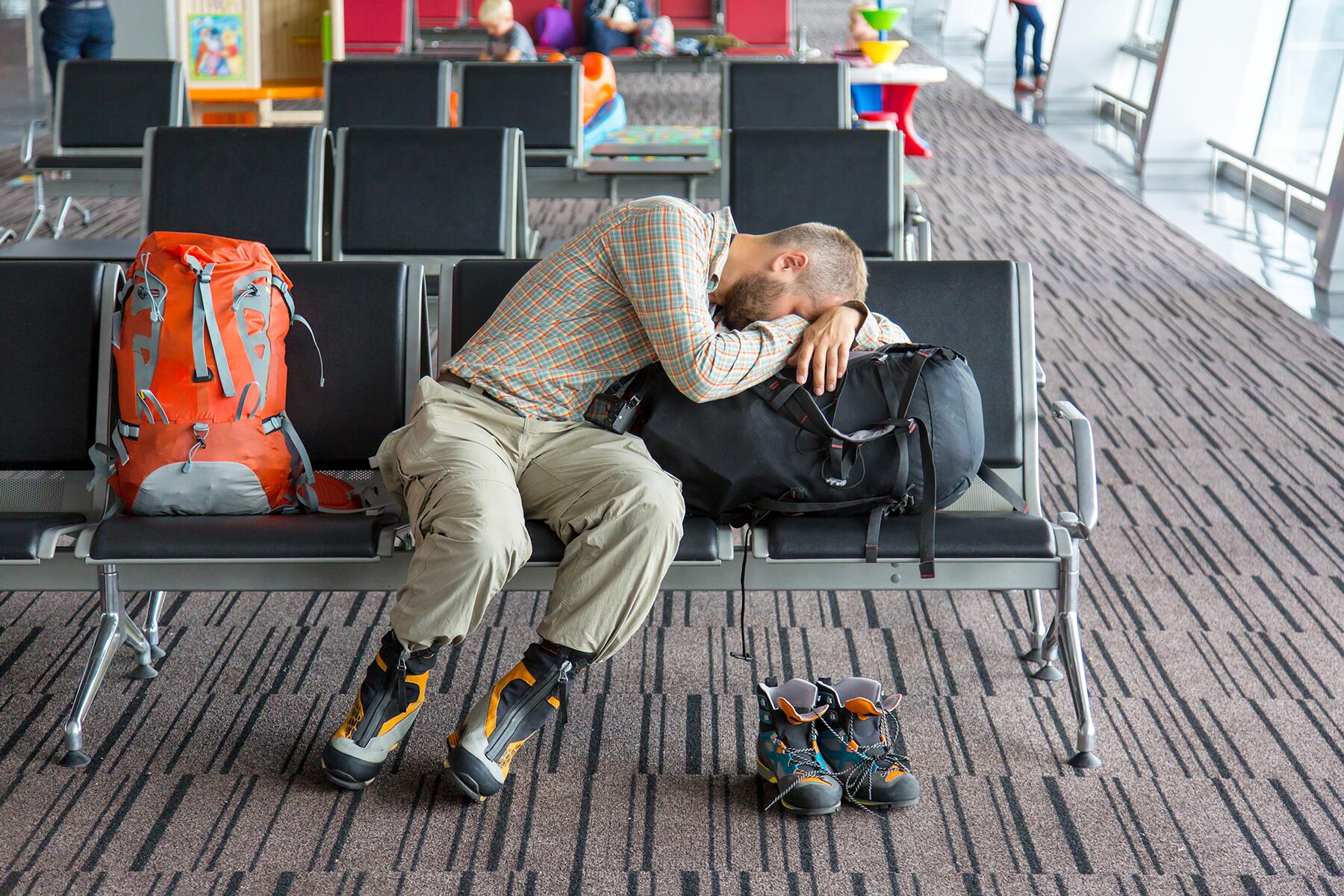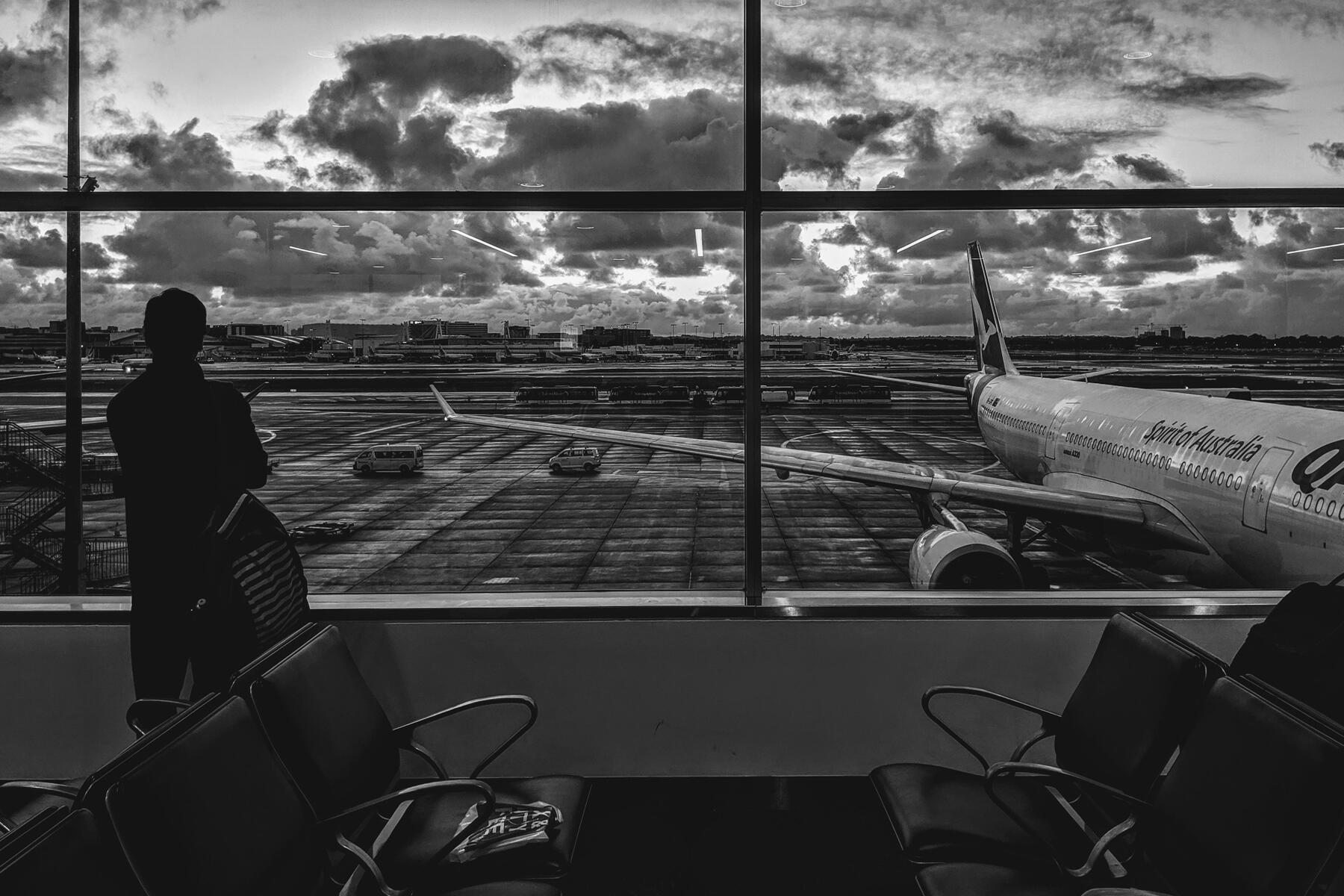The mantra: practice good hygiene and avoid unnecessary physical contact.
Awkwardly dilly-dallying outside a shop until someone offers to get the door for me. Standing by a crosswalk silently willing the pedestrian next to me to hit the button. These have long been regular habits of mine—even years before the coronavirus pandemic hit. As an extreme germaphobe, I look for ways to minimize physical contact with people and things in everyday life situations, and the pandemic has significantly heightened my awareness of my actions. These quirky habits have spilled into all parts of my life including travel, and over the years, I’ve developed a collection of tricks that have helped me reduce my exposure to germs and harmful bacteria, which have allowed me to stay healthy and safe when I’m on the road. Here are 10 tips I’ve used for a long time that everyone should be using right now.





Wow...I am very conscientious about general hygience when traveling and in my everyday life and have traveled extensively plus lived in the very primitive Middle East for over four years, but this is taking things to a huge extreme. I have NEVER been sick while traveling nor were our children when they were small and traveling the world with us. All you need is some common sense. My last flight was from Christchurch, NZ to Dallas and I was stuck in a middle seat most of the way and near the restrooms and all I suffered was a bit of jetlag. BTW, I am now 77.
As a 24 year old who is ready to explore the world, it really sucks that the pandemic hit last year. My trip was booked in the earlier part of 2020 and I ended up having to cancel everything altogether -- multiple flights, hostels, hotels, etc. Looking back, I am so glad I made that decision. As things are slowly opening up, I've been doing extensive research on how to safely travel in the future. I have to say this is one of the more useful articles I’ve come across as there are many useful pointers that I haven’t thought of. On the other hand, obviously, you can use you "common sense" when you are travelling under normal circumstances. But when you are dealing with a highly infectious virus (almost 2 million people have succumbed to this virus), I'd say the situation is drastically different. Sharing your pre-pandemic experiences in this comment is not only unfair, but rather obnoxious and irresponsible. But then again, people like me should be worried --- after all, I'd like to think I have a long time left in life. With your attitude, I hope you’re still kicking, Mr/Mrs 77 YO! Stay safe and pleaseeee, BE KIND!!! J